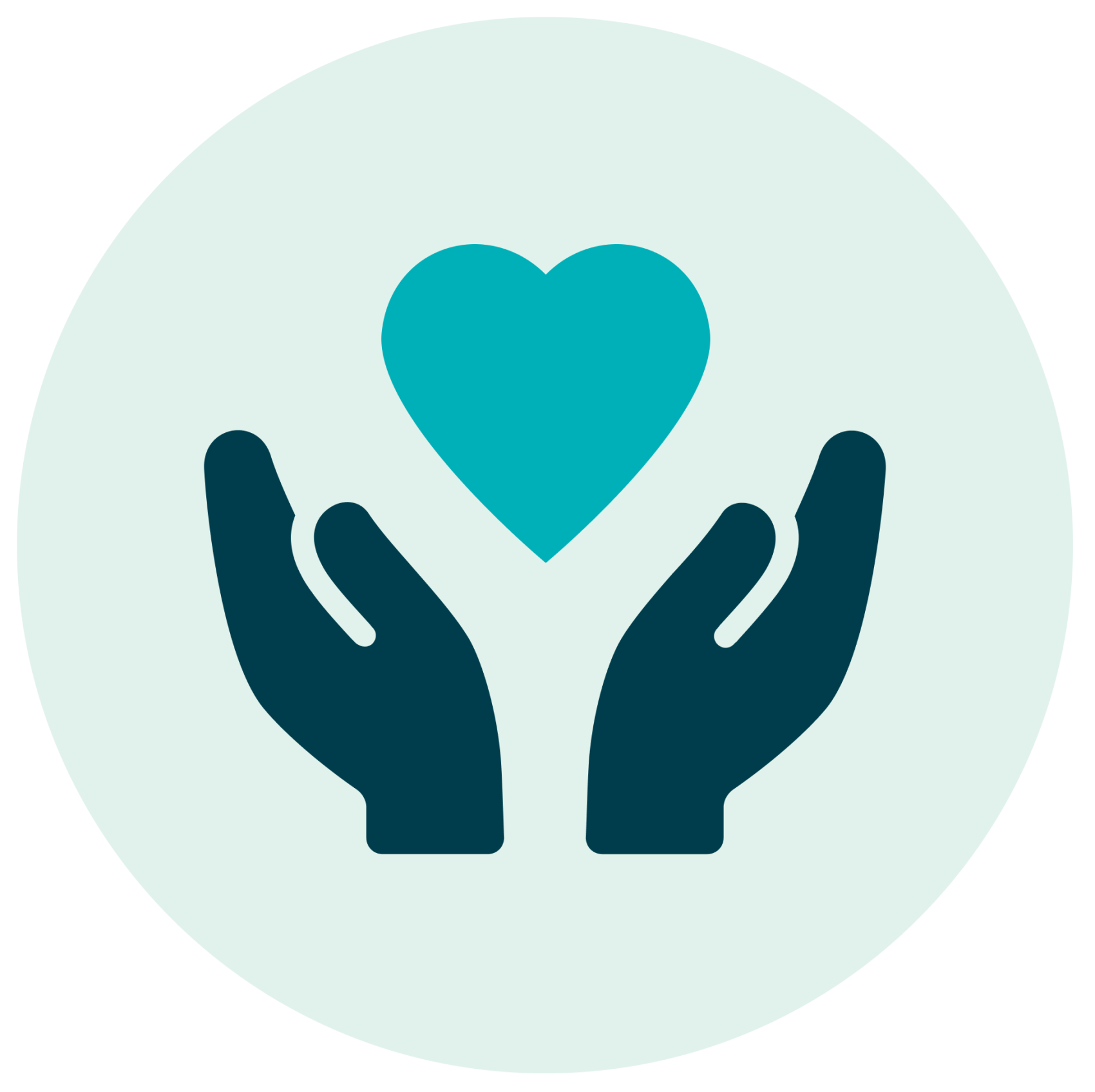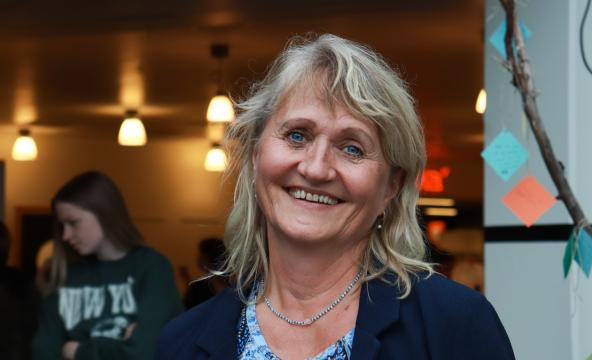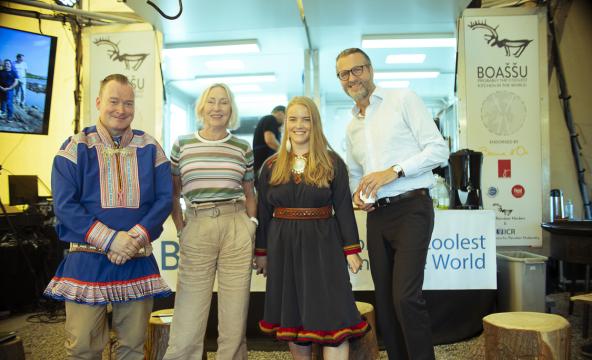Health, welfare and education
Health, welfare, and education are core areas for Nord University's central professional education programs. Through studies and research, Nord University contributes to ensuring good living conditions and quality of life in all areas of life.
Nord University has an important national role in professional studies, particularly in the education and further education of teachers, nurses, and social workers.
The study programmes are characterised by research-based education, which is the foundation for providing the health, education, and welfare sectors with competent professionals.
Our research aims to promote good health, innovation, and service development in close collaboration with service providers and recipients.
Our research and education at Nord University addresses regional needs, in addition to the national responsibility of maintaining strong professional quality in our professional programmes.

Research projects related to health, welfare and education:
Goal of the project
The goal of this project is to understand how school absenteeism is perceived and managed in Norwegian primary schools.
Project leader
Funding
Norges forskningsråd
Time period
2021-2026
Goal of the project
The project will examine how Sami and Inuit home-based practices as everyday activities represent a form of cultural resilience following the effects of assimilation, colonization, and post-war welfare policies in the Scandinavian countries.
Project leader
Funding
Norges forskningsråd
Time period
2021-2025
Goal of the project
The project investigates co-creation, which refers to a specific type of interaction among public, private, and civil actors.
Project leader
Funding
Norges forskningsråd
Goal of the project
The project examines the requirements for governing turbulence and seeks to develop an understanding of the various factors that affect resilience in governance, public institutions, and different forms of collaboration.
Project leader
Funding
Norges forskningsråd
Time period
2021-2024
Goal of the project
The project aims to acquire relevant knowledge and develop targeted measures to address specific competence and gender equality challenges that the university currently faces.
Project leader
Funding
Norges forskningsråd
Time period
2018-2021
Goal of the project
The project examines recent attempts to promote trust-based governance in Danish and Norwegian municipalities.
Project leader
Funding
Norges forskningsråd
Time period
2020-2023
Goal of the project
The project aims to develop new knowledge on how gender (and age, class, and ethnicity) influences the use and management of the outlying areas.
Project leader
Aase Kristine Lundberg (Nordlandsforskning)
Funding
Forskningsrådet - Miljøforsk
Time period
2019-2023
Goal of the project
The project aims to study insights into the access and provision of benefits and services among parents of children with disabilities.
Project leader
Funding
Norges forskningsråd
Time period
2020-2023
Goal of the project
The project aims to strengthen Computational Thinking (CT) in schools (grades 2-8) by providing innovative teaching materials and an engaging game app that motivates students to practice.
Project leader
Helga Dis Isfold Sigurdardottir
Funding
EU Erasmus+
Time period
2021-2022
Goal of the project
This project investigates what happens when the Truth and Reconciliation Commission is implemented in a Scandinavian context.
PI at Nord
Funding
Danmarks Frie Forskningsfond
Time period
2021-2023
Goal of the project
The project aims to promote integration and work towards social and ethnic diversity.
Project leader
Funding
Bufdir
Time period
2007 - ongoing
Goal of the project
The main goal of the project is to identify sociocultural and material factors that influence health, illness, and survival in Finnmark.
PI at Nord
Funding
Regionalt forskningsfond Nordland
Time period
2018-2021
Goal of the project
The project addresses research on the topics of skills, care, and well-being among elderly individuals in a digitally driven world.
Funding
Horizon 2020
Time period
2019-2023
Goal of the project
This partnership aims to address, from a comprehensive and international perspective, the most pressing issues facing the education sector in order to better prepare the next generation of teachers. By connecting educational research, classroom experience, student mobility, and institutional leadership, CANOPY will develop global expertise in pedagogy, research, and training through international collaboration.
Funding
Direktoratet for høyere utdanning og kompetanse
Time period
2020-2024
Goal of the project
Through the project, a practical continuing education course for teachers in upper secondary school in Nordland will be developed and tested.
Project leader
Karin Marie Antonsen (Nordlandsforskning)
Funding
Norges forskningsråd
Time period
2021-2023
Goal of the project
The project aims to inspire and develop the competence of existing and establish new learning networks, with the overarching goal of developing a resource platform for facilitators in the cultural and creative sector (CCS). This platform will provide them with tools for ongoing creative development of the cultural and creative sectors.
Project leader
European Training Center Copenhagen (DK)
Funding
Erasmus+
Time period
2021
Goal of the project
The project is developing a new course on intercultural competence to better prepare teacher education students for their modern Norwegian workplace - a multilingual classroom with a more diverse student population.
Project leader
Funding
Direktoratet for høyere utdanning og kompetanse
Time period
2022-2024
Goal of the project
The project aims to ensure that Norway is at the forefront of the development of innovative IT education.
Project leader
Funding
Nasjonalt organ for kvalitet i utdanningen
Time period
2017-2021



